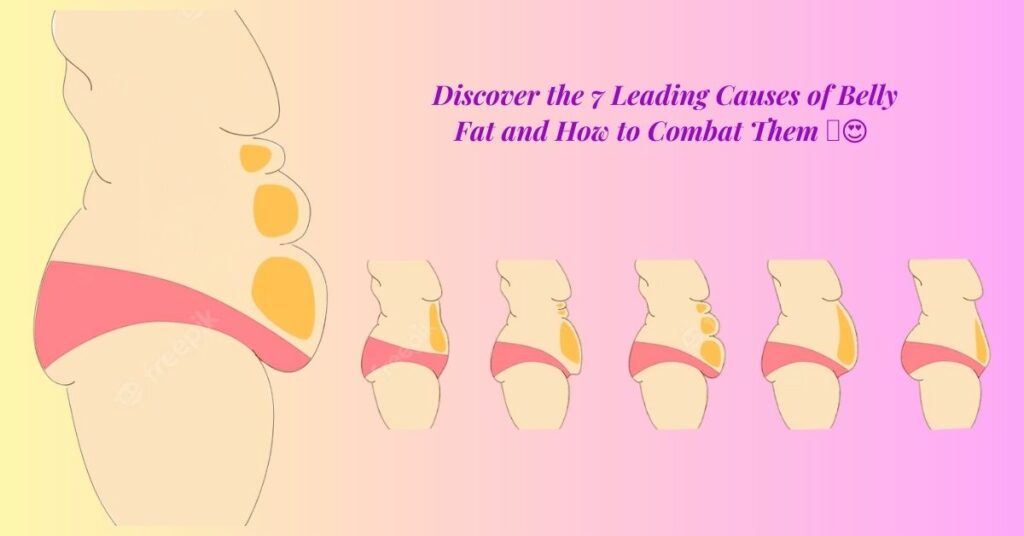8. Unhealthy diet

What does an unhealthy diet cause?
An unhealthy diet can cause a variety of negative health consequences. Consuming too much processed or high-fat foods can lead to obesity, which is a risk factor for numerous health problems such as heart disease, diabetes, and stroke.
A diet lacking in essential vitamins and minerals can also negatively impact the immune system, making individuals more prone to infections and illnesses. Additionally, an unhealthy diet can affect mental health, causing mood swings, irritability, and fatigue.
Over time, an unhealthy diet can also lead to chronic diseases such as cancer and osteoporosis. It is important to maintain a balanced and nutritious diet to promote optimal health and prevent negative health outcomes.
What are 10 unhealthy foods?
There are numerous unhealthy foods that people should avoid or consume in moderation. Some of the most common unhealthy foods include sugary drinks, such as soda, fruit juice, and energy drinks, which are high in calories and sugar.
Processed meats, like bacon, sausage, and hot dogs, are also unhealthy due to their high levels of sodium and preservatives. Fast food meals, such as burgers, fried chicken, and pizza, are typically high in calories, fat, and sodium. Other unhealthy foods include candy, pastries, ice cream, chips, and fried foods.
Consuming these foods regularly can lead to obesity, heart disease, diabetes, and other health problems. It’s important to choose healthier options, such as fruits, vegetables, whole grains, lean proteins, and low-fat dairy products, for a balanced diet.
What is the unhealthiest diet in the world?
The unhealthiest diet in the world is one that is high in processed foods, refined sugars, saturated fats, and low in nutrients such as fruits, vegetables, and whole grains.
This type of diet is common in many western countries and has been linked to numerous health problems such as obesity, diabetes, heart disease, and cancer.
Additionally, a diet that includes excessive amounts of alcohol, sodium, and artificial additives can also be considered unhealthy. It is important to prioritize a balanced diet that includes a variety of nutrient-dense foods to maintain optimal health and prevent chronic diseases.
How do I know if my diet is unhealthy?
There are several signs that can indicate if your diet is unhealthy.
- Firstly, if you are constantly feeling tired, low in energy, or experiencing frequent headaches, it could be a sign that your diet is lacking in essential nutrients.
- Secondly, if you are gaining weight or struggling to maintain a healthy weight, it may be a sign that you are consuming too many unhealthy foods, such as those high in saturated fats, sugar, and salt.
- Thirdly, if you are experiencing digestive issues, such as bloating, constipation, or diarrhea, it may be a sign that your diet is lacking in fiber or other essential nutrients.
- Finally, if you are regularly consuming processed or fast foods, it is likely that your diet is not providing you with the necessary vitamins and minerals that your body needs to function properly.
What happens if you eat unhealthy food everyday?
If you eat unhealthy food every day, you are putting yourself at risk of developing various health problems.
Consuming high amounts of saturated and trans fats, sugar and salt can lead to weight gain, high blood pressure, high cholesterol, type 2 diabetes, heart disease, and even cancer.
Over time, the accumulation of these unhealthy foods in your body can lead to chronic health problems that can significantly affect your quality of life. Eating unhealthy foods can also negatively impact your mood, energy levels, and mental health.
Therefore, it is essential to maintain a balanced and healthy diet to prevent health complications and improve overall well-being.
How to lose belly fat
Here are some steps that can assist individuals in losing unwanted belly fat:
1. Enhancing their diet
Consuming a healthy and well-balanced diet can aid in weight loss while also promoting overall health.
Individuals should avoid sugary, fatty, and processed foods that have little nutritional value. Instead, they should eat plenty of fruits and vegetables, lean proteins, and complex carbohydrates.
2. Limiting alcohol consumption
Monitoring alcohol intake is crucial for individuals trying to reduce excess abdominal fat. Alcoholic beverages often contain extra sugar, which can contribute to weight gain.
3. Increasing physical activity
A sedentary lifestyle can lead to numerous severe health problems, including weight gain. People attempting to lose weight should incorporate a significant amount of exercise into their daily routine.
Both aerobic exercise and strength training can assist individuals in addressing their belly fat.
4. Getting adequate sunlight exposure
According to a 2016 review, sunlight exposure in animals could help reduce weight gain and metabolic dysfunction.
Although few studies have examined the effects of sunlight exposure on humans regarding weight gain, more research is necessary.
5. Reducing stress levels
Stress can cause weight gain in individuals. The stress hormone cortisol affects a person’s appetite, potentially leading to overeating. Mindfulness and meditation, as well as gentle exercise such as yoga, are stress-relieving techniques.
6. Improving sleep habits
Sleep is crucial for overall health. Although sleep’s primary purpose is to allow the body to rest, recover and heal, it can also impact an individual’s weight. Getting enough high-quality sleep is essential for people trying to lose weight, including belly fat.
7. Quitting smoking
Smoking is a risk factor for increased belly fat and many other serious health concerns. Quitting smoking can significantly lower the risk of excess belly fat and improve overall health.




